
Everyone wants their pets to feel included on Christmas Day and one way you might be thinking of doing this is to give them a share of your festive feast.
However, it is important to remember what is and, more importantly, is not safe for your dogs to eat. PDSA vets are on hand with some top tips on how to safely share your delicious Christmas dinner with your dogs this festive season.
PDSA Vet, Lynne James, said:
“There are parts of a ‘typical’ Christmas dinner that we can share with our furry friends, and I’m sure they would very much enjoy, but there are also parts that we should keep away from our pets at all costs.”
Lynne explained the ‘dog-safe’ parts of a roast include:
- Boneless white turkey meat
- Carrot and swede mash (make sure it doesn’t have onion in)
- Vegetables such as carrots, parsnips, green beans, Brussel sprouts, broccoli, peas and cauliflower.
“But remember, it is important to make sure the food is plain and not covered in glaze, sauce, gravy, or seasoning as this could upset your dog’s stomach,” Lynne added.
“Other foods, such as cheese sauce, roast potatoes, bacon, and pigs in blankets aren’t dangerous but are high in fat and could easily upset your dog’s stomach, and they will likely pile on the pounds with all those extra calories.”
Lynne also shared a list of forbidden foods, which are highly dangerous to our four-legged friends and can have fatal consequences:
- Onions
- Garlic
- Leeks
- Shallots
- Mincemeat
- Currants, raisins and sultanas
- Bones
- Alcohol
- Chocolate
PDSA Vet Lynne’s top Christmas dinner tips
- Don’t overshare with your dog in the weeks and days surrounding Christmas because you may find that they start to expect something every time you have a meal, which encourages begging behaviour and is unhealthy in the long-term.
- Remember portion control and don’t go crazy – our dogs are much smaller than us, and what seems like a tiny amount of food to us will be a huge treat in their eyes! For a small dog breed, such as a Border Terrier, eating just four pigs in blankets is the equivalent of a human eating an entire Christmas dinner with all the trimmings.
- Have your vet’s out-of-hours number stored in your phone so, should an emergency occur and your dog eats something they shouldn’t, you can contact them immediately!
- If you do feed your dog a little treat, make sure it’s no more than 10 per cent of their daily food intake, and remember to reduce the amount of food in their next meal to avoid over feeding them.
*PDSA relies on donations to deliver life-saving treatment to hundreds of thousands of pets across its 48 Pet Hospitals in the UK. To keep families together this winter, the charity is urgently calling on the public’s support more than ever to prevent vulnerable people having to make a truly heart-breaking decision. To find out more about PDSA’s vital work during the cost-of-living crisis, or to donate, visit www.pdsa.org.uk/costoflovingcrisis.


 Five Of The Most Wondrous Ancient Ruins In The World
Five Of The Most Wondrous Ancient Ruins In The World
 Five Of The Most Inhospitable Places on the Planet
Five Of The Most Inhospitable Places on the Planet
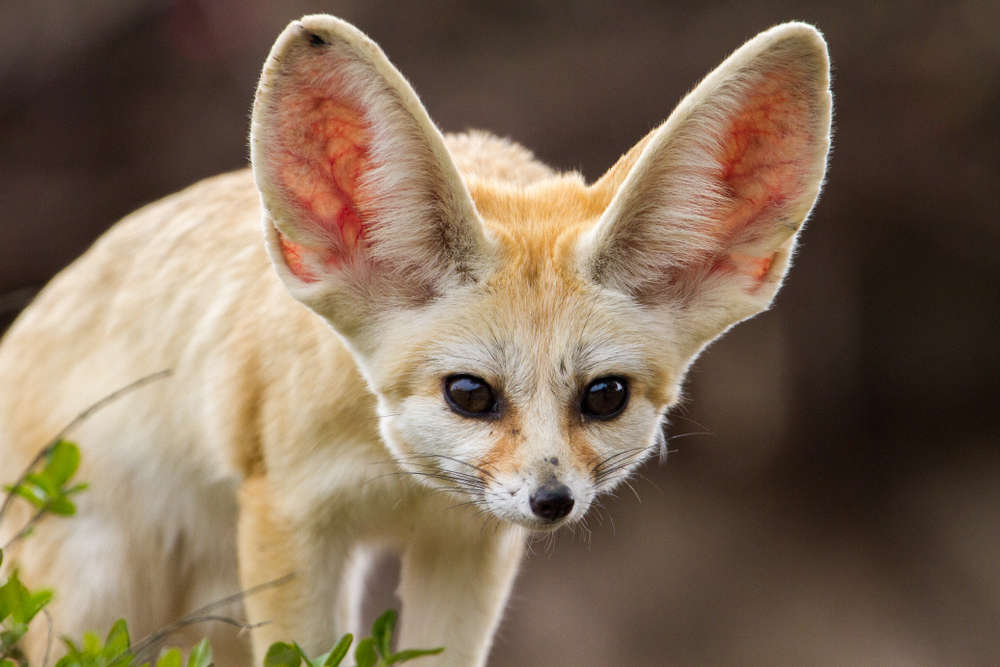 Five Animals You Wouldn’t Believe Are Kept as Pets
Five Animals You Wouldn’t Believe Are Kept as Pets
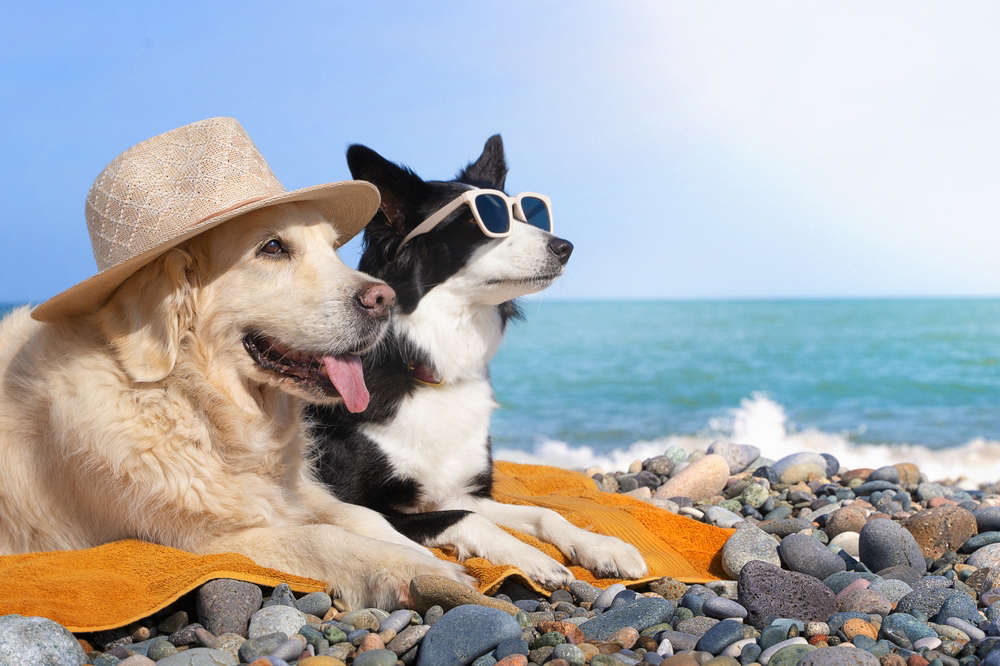 Five Most Pet-Friendly Destinations in the UK
Five Most Pet-Friendly Destinations in the UK
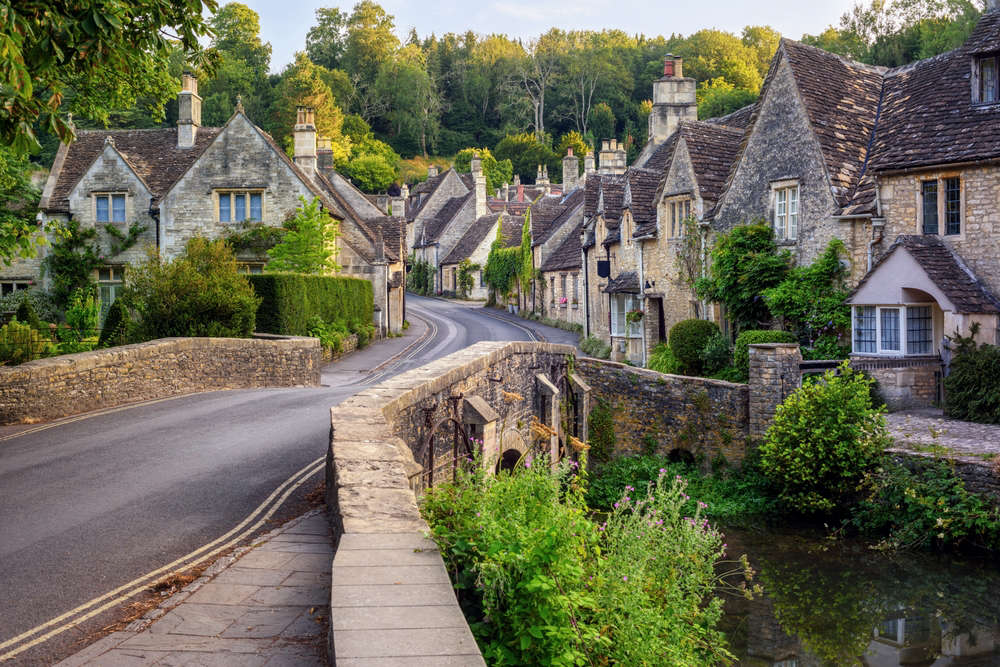 Five UK Valentine's Destinations Perfect For A Night Away
Five UK Valentine's Destinations Perfect For A Night Away



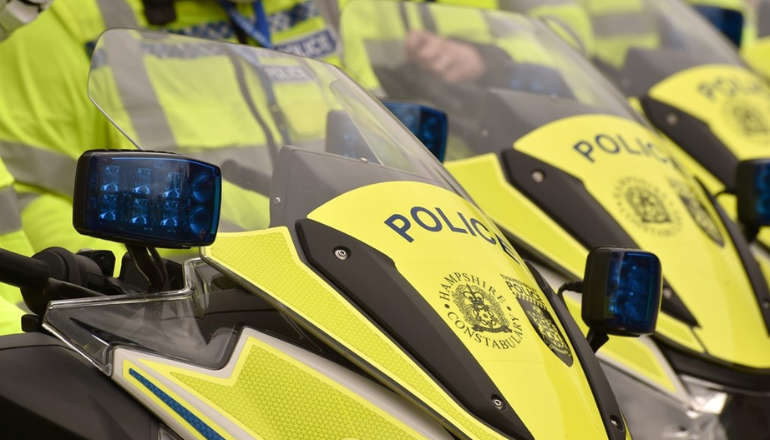 More Than 70 Driving Offences Dealt With Over Two Days On Isle Of Wight Roads
More Than 70 Driving Offences Dealt With Over Two Days On Isle Of Wight Roads
 Wightlink Technical Problems Lead To Cancellation Of All Fishbourne-Portsmouth Crossings
Wightlink Technical Problems Lead To Cancellation Of All Fishbourne-Portsmouth Crossings
 Contentious Plans For New 7,245 Square Metre Commercial Park Appealed
Contentious Plans For New 7,245 Square Metre Commercial Park Appealed
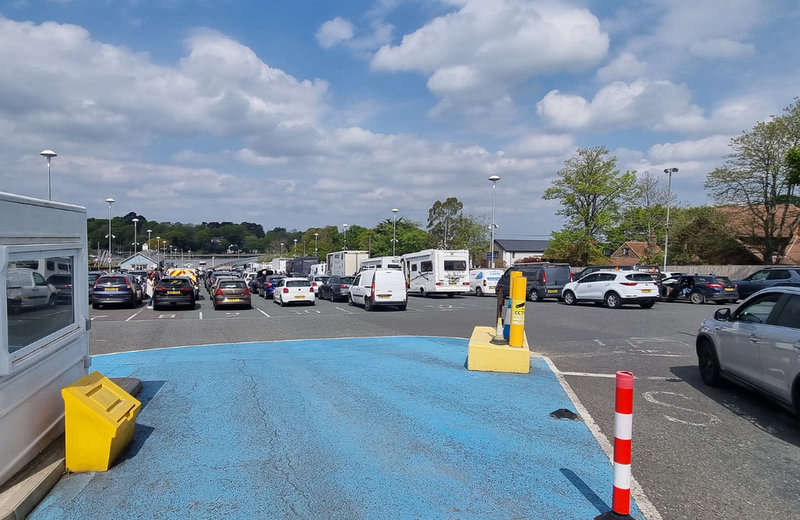 Wightlink Crossings Cancelled Due To Engine Issues
Wightlink Crossings Cancelled Due To Engine Issues